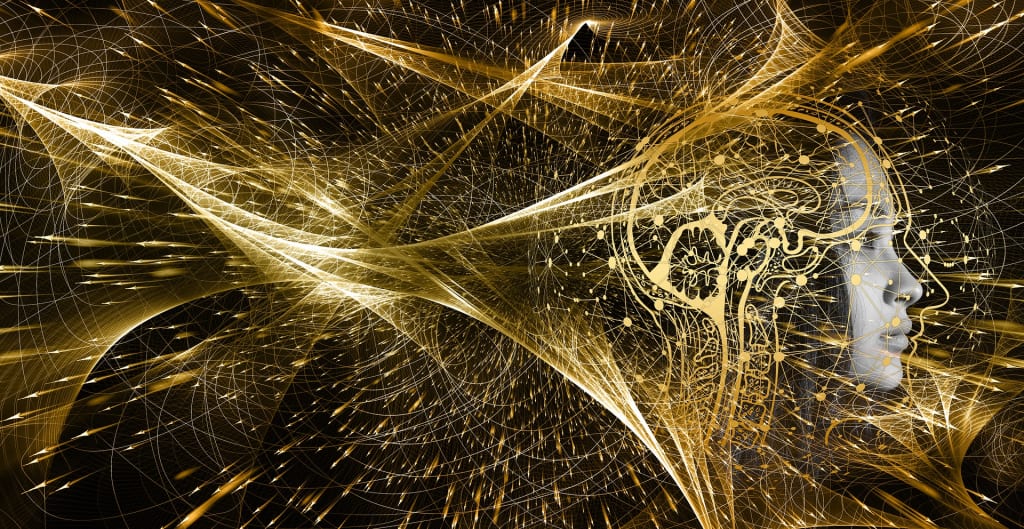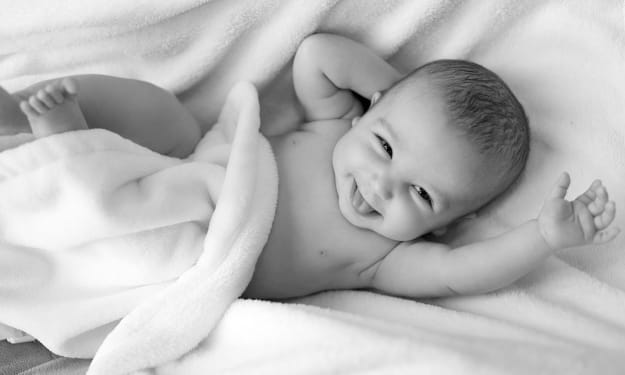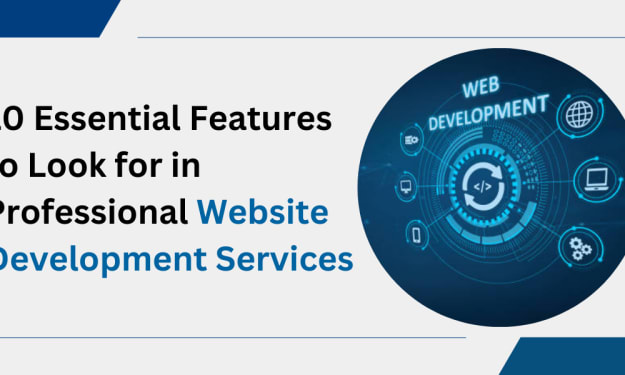The Future of Human Creativity in the Age of Artificial Intelligence
The advent of artificial intelligence (AI) has led to significant changes in our daily lives.

The advent of artificial intelligence (AI) has led to significant changes in our daily lives. From autonomous cars to virtual assistants, AI is transforming the way we work and interact with the world around us. However, one of the most significant impacts of AI is on the future of human creativity.
Traditionally, creativity has been seen as a uniquely human ability. It has been the driving force behind art, music, literature, and many other forms of expression. However, as AI technology continues to advance, it is becoming more capable of mimicking human creativity. This has raised questions about the role of humans in the creative process and whether AI will replace human creativity altogether.
While it is true that AI is becoming more adept at creating art and music, it is unlikely that it will replace human creativity entirely. Instead, AI is likely to become a tool that enhances human creativity and opens up new avenues for expression.
One of the ways that AI is already being used to enhance human creativity is through the use of generative algorithms. These algorithms use machine learning to analyze large data sets of existing artwork and music and then generate new works based on that analysis. While these works are not entirely original, they do provide a starting point for human artists and musicians to build upon.
In addition to generating new works, AI is also being used to improve the creative process itself. For example, AI can analyze an artist's workflow and identify areas where they may be struggling. This can help artists to streamline their process and focus on the areas where they are most productive.
AI is also being used to democratize access to creative tools. In the past, only those with the resources to purchase expensive equipment and software could create professional-quality artwork and music. However, with the advent of AI-powered tools like Adobe's Creative Cloud and GarageBand, anyone with a computer or smartphone can create high-quality content.
Another area where AI is likely to have a significant impact on human creativity is in the field of design. As AI becomes more adept at analyzing consumer data, it will be able to create personalized designs tailored to individual preferences. This could revolutionize the way we shop for clothing, furniture, and other products, as consumers will be able to order custom-made products that perfectly suit their tastes.
However, there are also concerns about the impact of AI on human creativity. One of the most significant concerns is that AI-generated works will lack the emotional depth and nuance of human-created works. While AI can analyze and mimic patterns, it cannot replicate the emotional experience of creating art or music. As a result, some worry that the rise of AI-generated works will lead to a homogenization of creativity, where all jobs start to look and sound the same.
Another concern is that AI will exacerbate existing inequalities in the creative industries. While AI-powered tools have made it easier for anyone to create content, those with the resources to purchase more advanced tools and software will still have an advantage. Additionally, AI-generated works may be more likely to be promoted and featured in galleries and streaming platforms, as they may be seen as more marketable.
Despite these concerns, the future of human creativity in the age of AI is likely to be a collaborative one. While AI will undoubtedly play a more significant role in the creative process, it is unlikely to replace human creativity entirely. Instead, AI will become a tool that enhances human creativity and opens up new avenues for expression.
As AI continues to evolve, seeing how it impacts different creative industries will be interesting. For example, in the music industry, AI-powered tools are already being used to create pop songs that are designed to be commercially successful. However, it remains to be seen whether AI-generated music will ever be able to replace the emotional connection that people have with music created by human artists.
About the Creator
Enjoyed the story? Support the Creator.
Subscribe for free to receive all their stories in your feed. You could also pledge your support or give them a one-off tip, letting them know you appreciate their work.





Comments
There are no comments for this story
Be the first to respond and start the conversation.